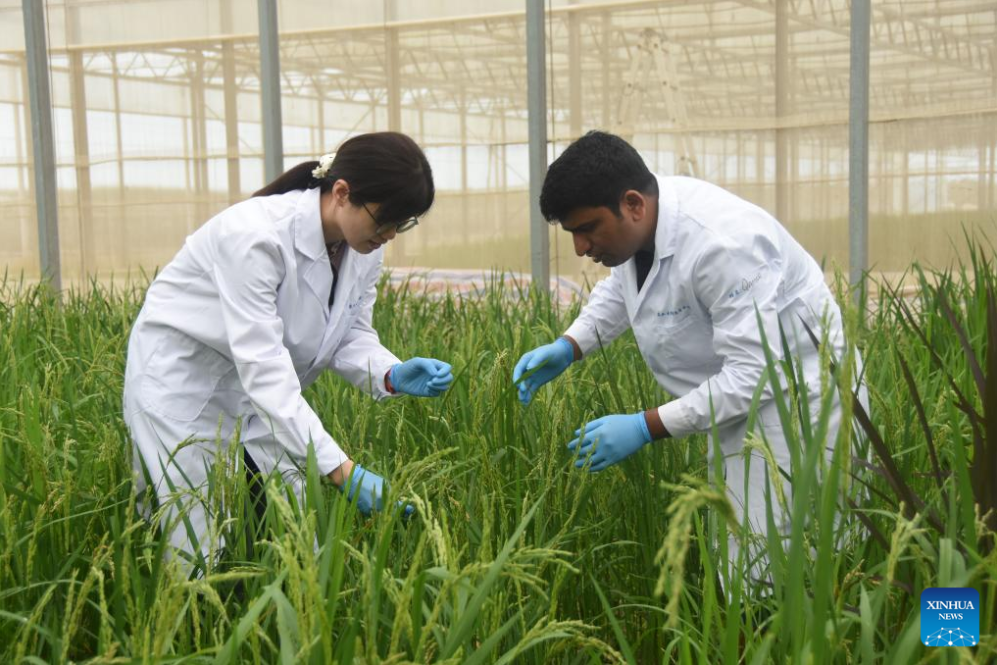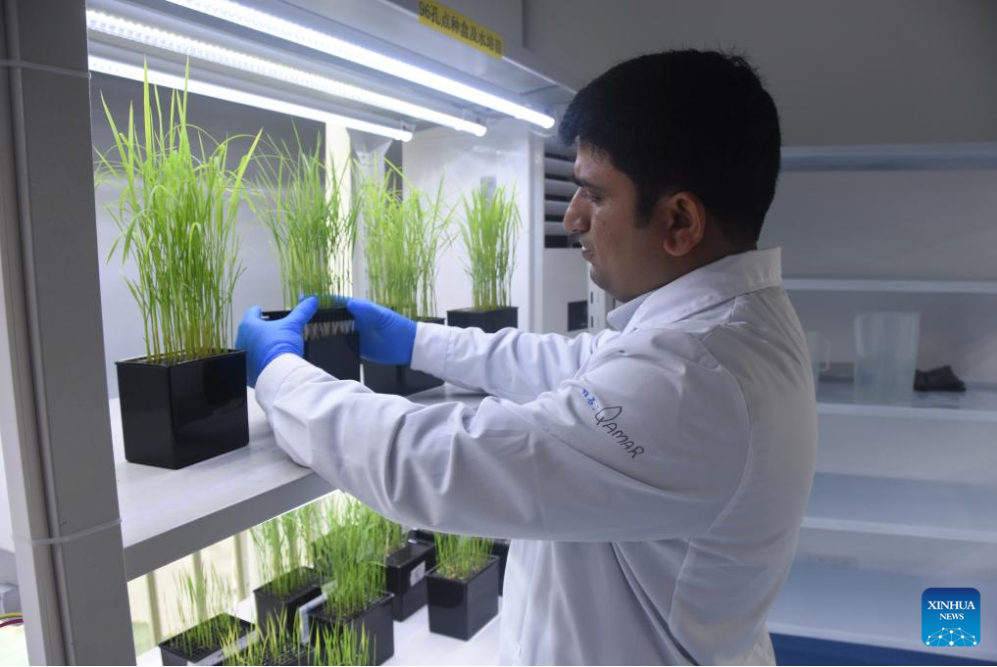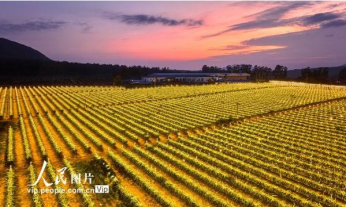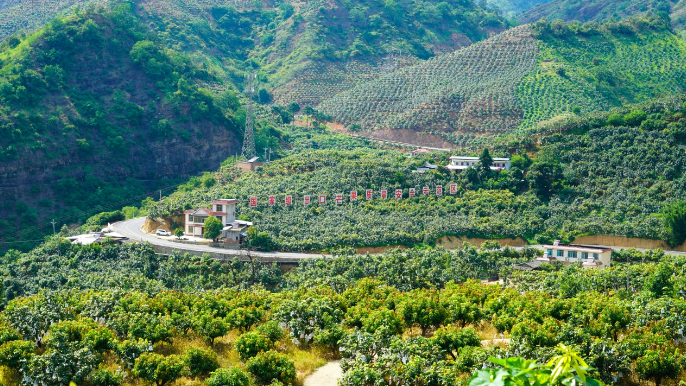 Qamar U Zaman (R) observes the growth of rice with his colleague in a rice field located in Yazhou Bay Science and Technology City in Sanya, south China's Hainan Province on Feb. 21, 2025.(Xinhua/Luo Jiang)
Qamar U Zaman (R) observes the growth of rice with his colleague in a rice field located in Yazhou Bay Science and Technology City in Sanya, south China's Hainan Province on Feb. 21, 2025.(Xinhua/Luo Jiang)
by Zhong Qun, Luo Jiang, Misbah Saba Malik
HAIKOU, China/ISLAMABAD, March 12 (Xinhua) -- In the rain-soaked fields of Yazhou Bay Science and Technology City in south China's Hainan Province, Pakistani postdoctoral researcher Qamar U Zaman waded through the mud in rain boots, carefully inspecting rice plants and occasionally plucking rice ears for closer examination.
A researcher at the Yazhouwan National Laboratory, Qamar arrived in China in 2017 to pursue his doctorate. He has since gained extensive experience at various agricultural research institutions, specializing in rice breeding with a particular focus on combating rice blast disease (RBD).
Keen to apply his expertise in Pakistan, Qamar is determined to develop effective strategies to help rice growers tackle the disease upon his return. "Rice blast disease poses a significant threat to yield and production in Pakistan," he told Xinhua. "Pakistan is still lagging in adopting modern techniques to combat RBD effectively."
To bridge this gap, Qamar aims to enhance rice blast tolerance through advanced molecular approaches, reducing dependence on chemical treatments and improving overall productivity for sustainable rice farming.
Rice plays a crucial role in Pakistan's economy and food security, and China's leadership in hybrid rice research made it a natural choice for Qamar's studies. "I chose to conduct my research in China because of its strong commitment to science and technology," he said. "Moreover, the Yazhouwan National Lab has provided essential resources and valuable collaboration opportunities, enabling me to pursue my research goals."
As agricultural cooperation between China and Pakistan deepens, more Pakistani researchers are coming to China to study and work. Among them is Faisal Mehdi, who does research on sugarcane breeding at the Sugarcane Research Center of the Chinese Academy of Tropical Agricultural Sciences in Sanya.
"I work with my colleagues on joint research projects, combining our expertise in molecular breeding, plant pathology and bioinformatics," Faisal said.
His colleague Ahmad Ali also praises China's leadership in agricultural innovation, research and technology. "China offers excellent laboratory facilities and outstanding teaching staff. It is truly a land of opportunity, especially for agricultural scientists," he said.
At the Sugarcane Research Center, five Pakistani postdoctoral researchers contribute to various research groups. "The center has established partnerships with multiple universities and research institutions in Pakistan," said Que Youxiong, the center's director. "In the future, we plan to enhance cooperation in germplasm resource exchange and joint research and development."
The benefits of this collaboration extend beyond laboratories. In Pakistan's Punjab province, fields of oilseed rape are in full bloom at a farm operated by Wuhan Qingfa-Hesheng Seed Co., Ltd. Zhou Xusheng, the company's international business manager, leads local employees in observing and recording field data while providing technical guidance.
After two decades of development in Pakistan, the company has established a test station and invested heavily in variety research and technological innovation. These efforts have led to the breeding of new rice varieties capable of withstanding high summer temperatures and addressing the challenge of low seed-setting rates.
Looking ahead, Zhou said the company aims to expand the rape planting area to 400,000 hectares, targeting an annual production of 1 million tons of high-quality edible oil -- about one-third of Pakistan's total demand.
Faisal sees vast potential in agricultural cooperation between the two countries. "Joint training programs and technology transfers could strengthen the capabilities of Pakistani researchers and farmers," he said.
"By leveraging each country's strengths, China and Pakistan can enhance agricultural productivity, sustainability and food security for both nations," he added. ■

Qamar U Zaman observes the growth of rice seedlings in a laboratory located in Yazhou Bay Science and Technology City in Sanya, south China's Hainan Province on Feb. 21, 2025.(Xinhua/Luo Jiang)
News report Link:https://english.news.cn/20250312/68aafc76bf4543d8a483498feaa053b2/c.html








 琼ICP备11000394号
琼ICP备11000394号 琼公网安备 46010602000325号
琼公网安备 46010602000325号